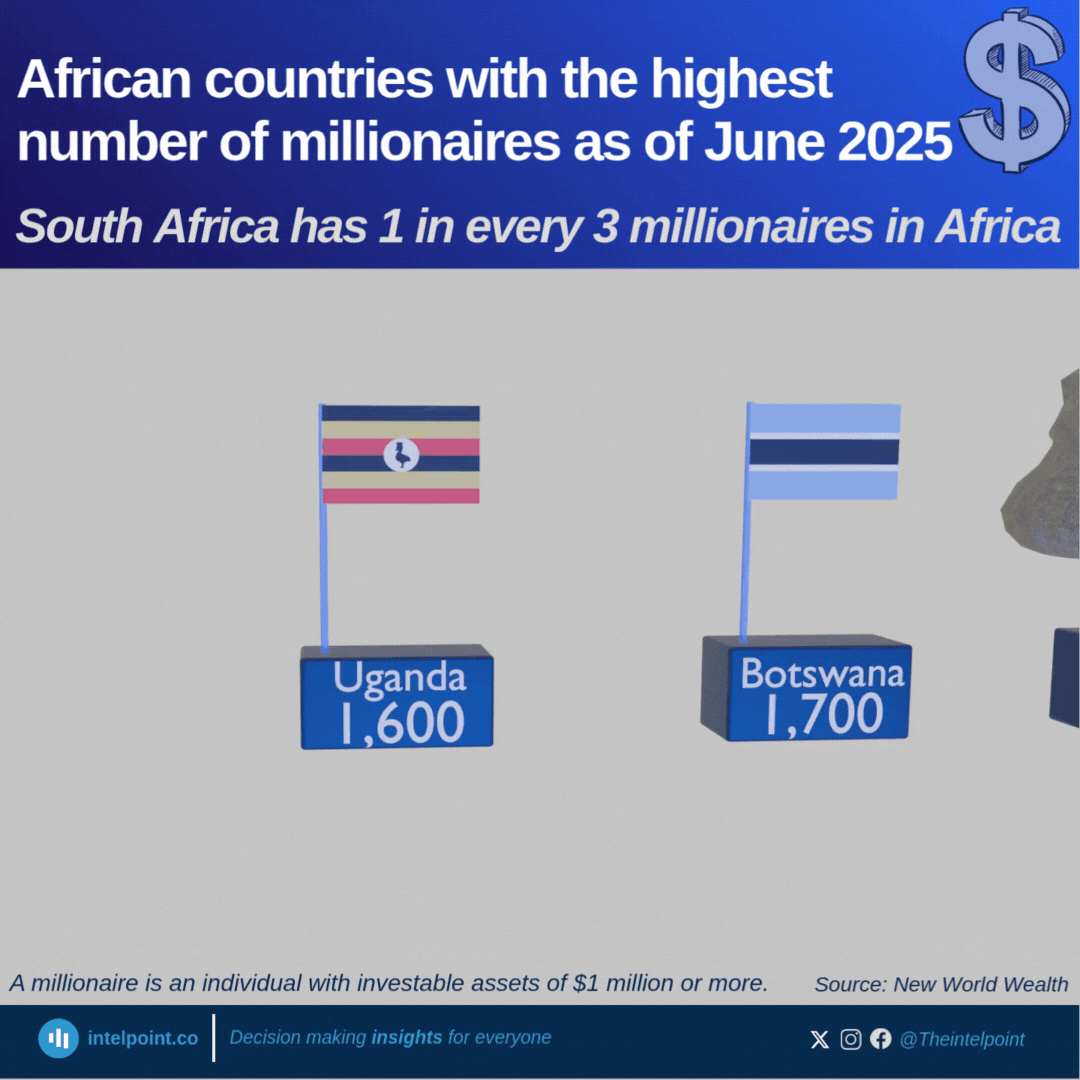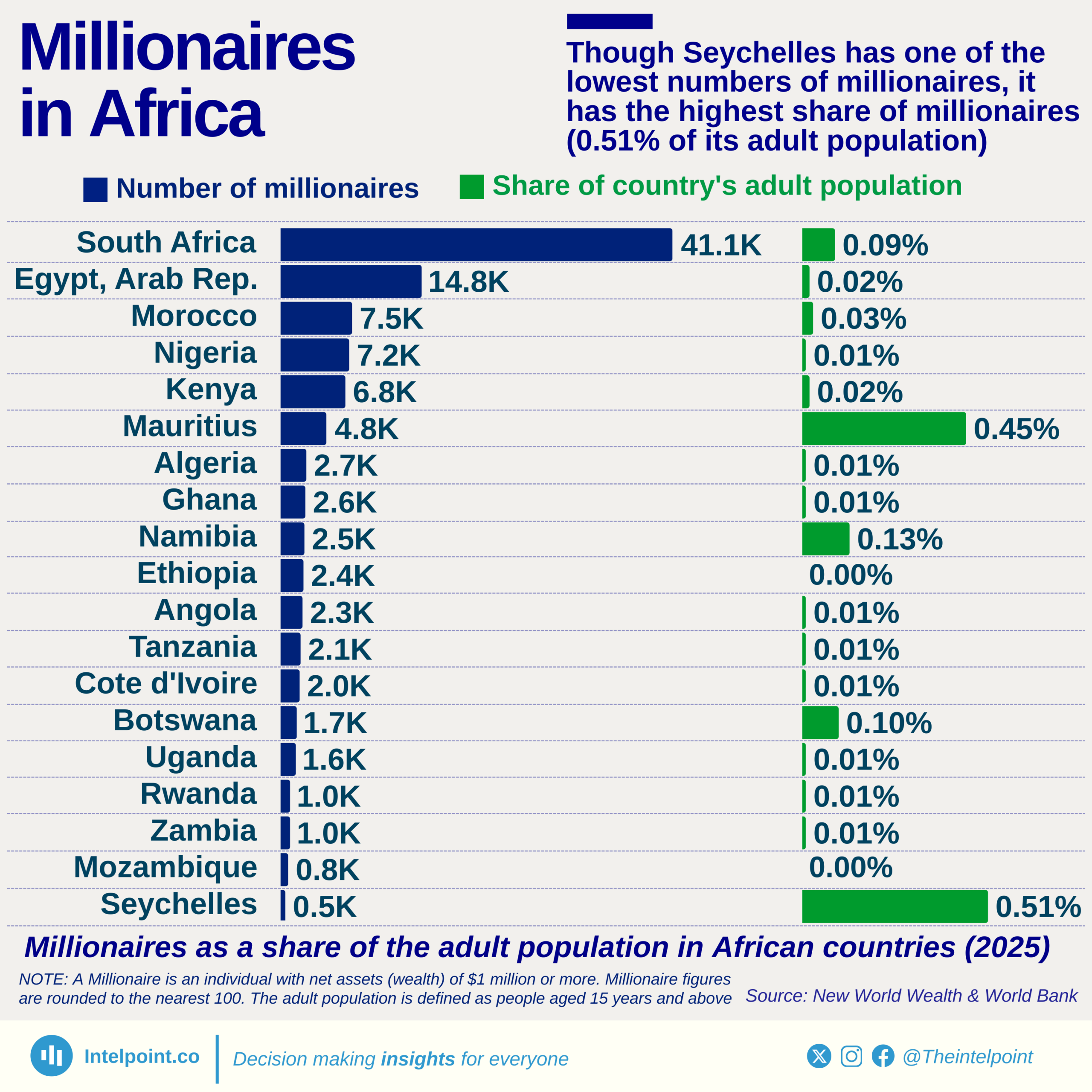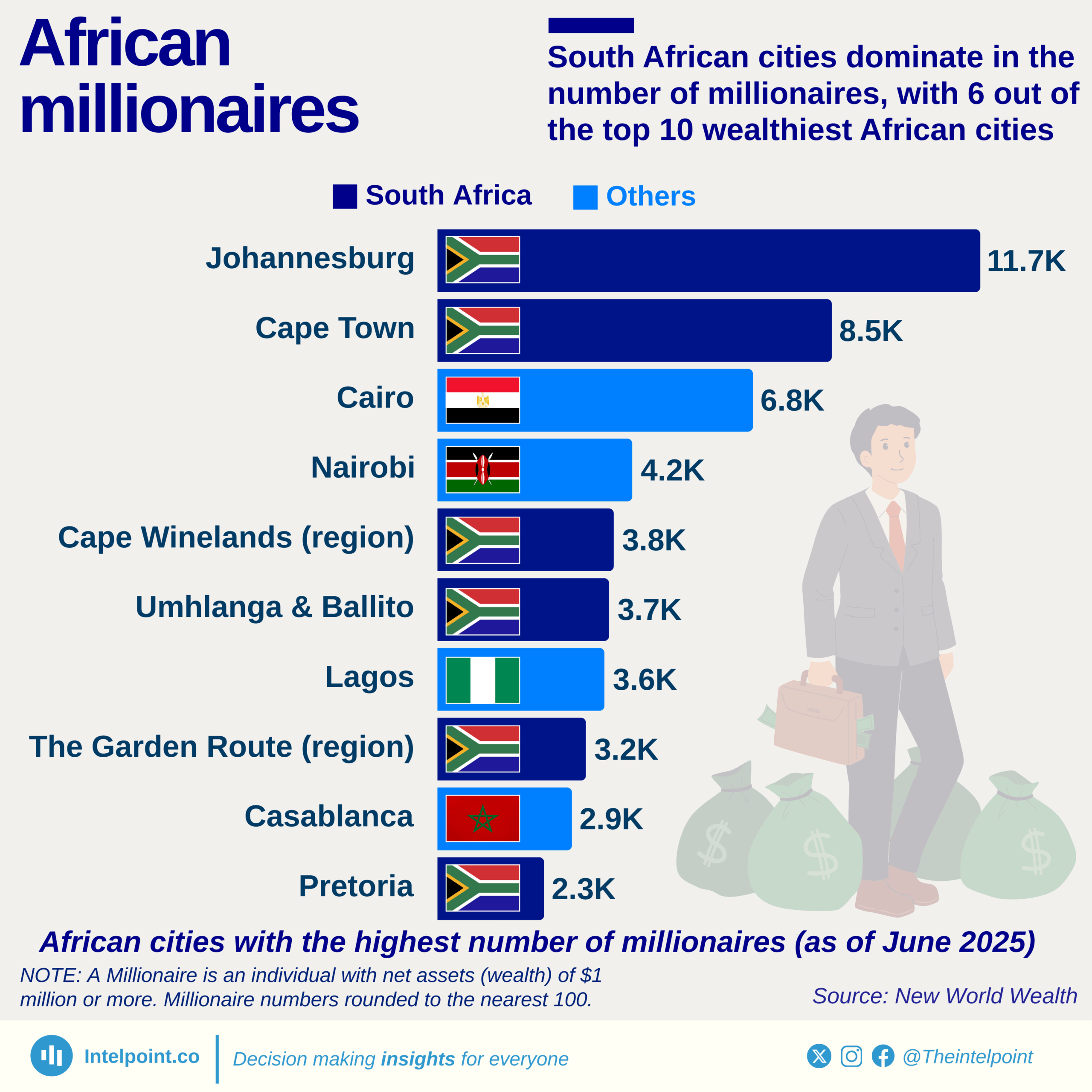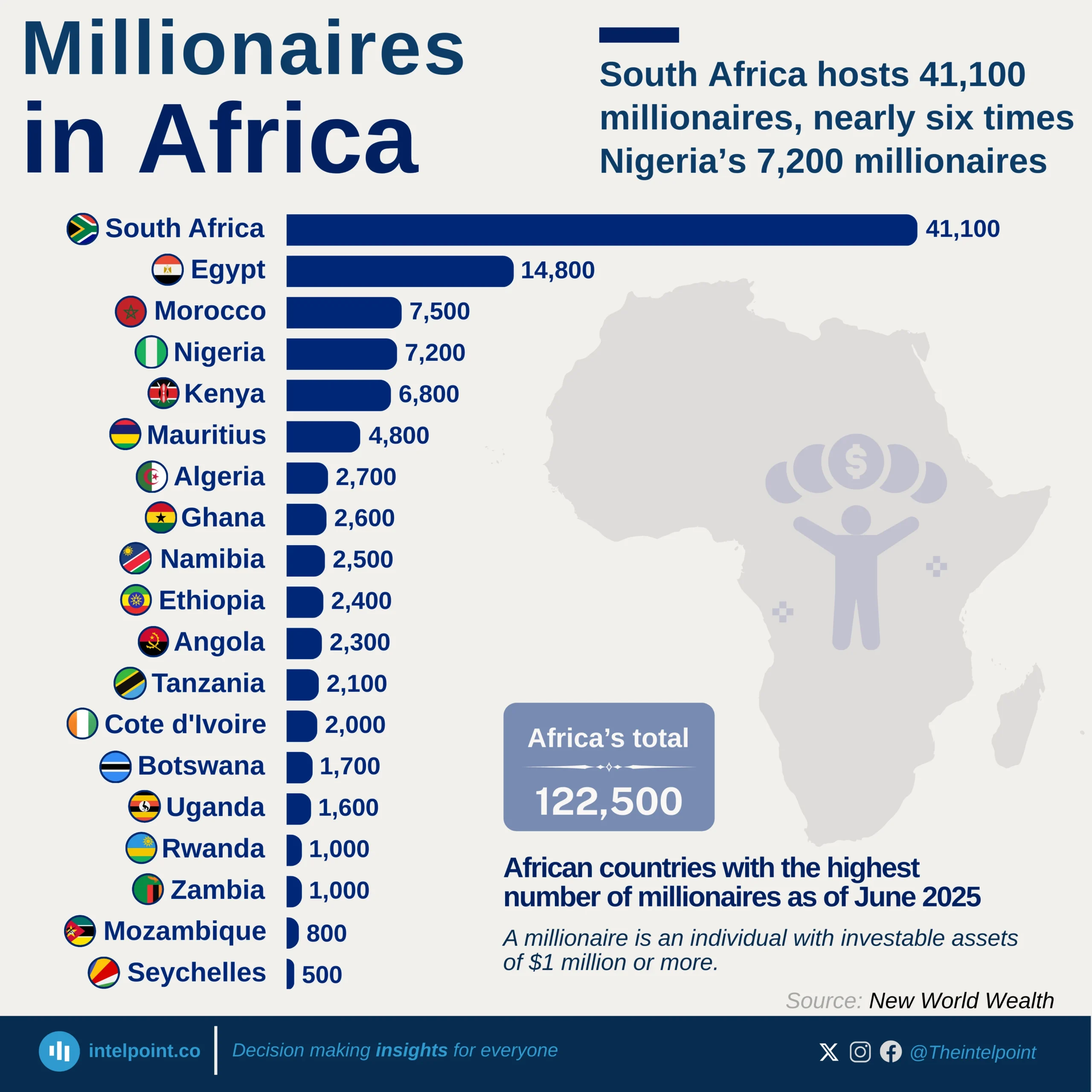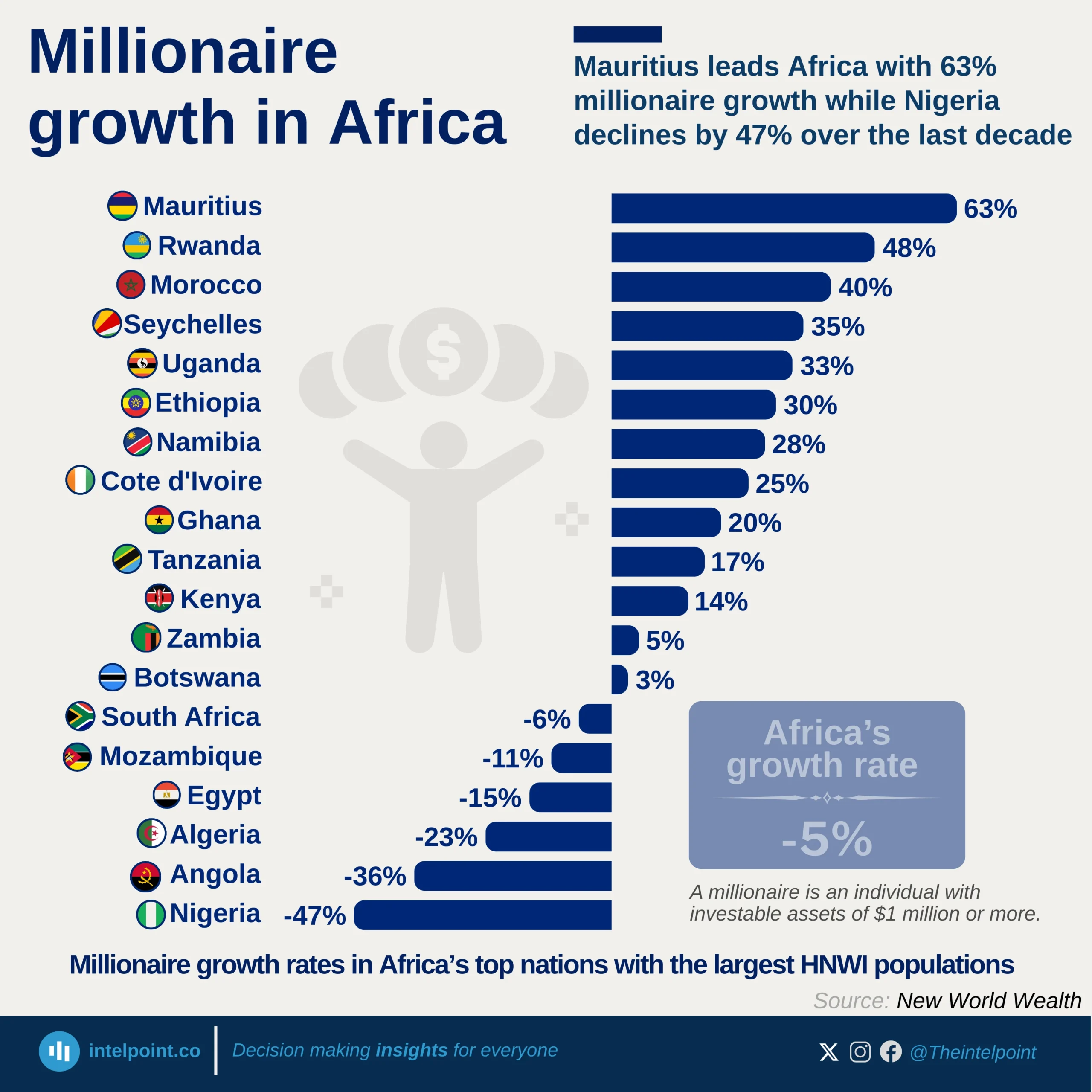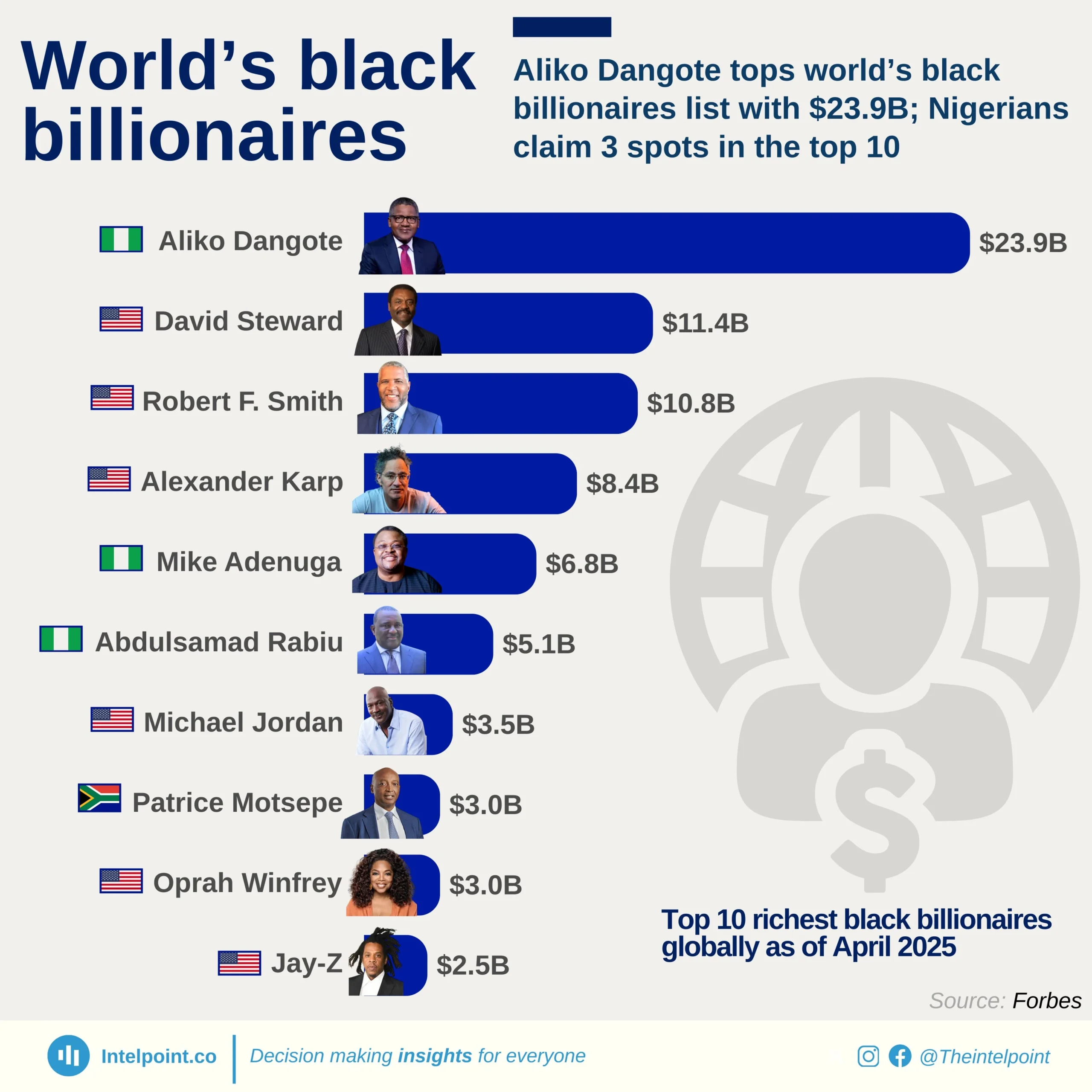Egypt's long-standing passion for gold is changing drastically. Although the allure of conventional gold wedding jewellery has diminished, with demand dropping by 50.75% since 2010, a new gold rush is underway. The demand for gold bars and coins has exploded by almost 1,100% between 2021 and 2023 alone, as Egyptians are increasingly grabbing them for financial protection. This signifies the transformation of gold from a treasured cultural icon to a vital financial resource.
